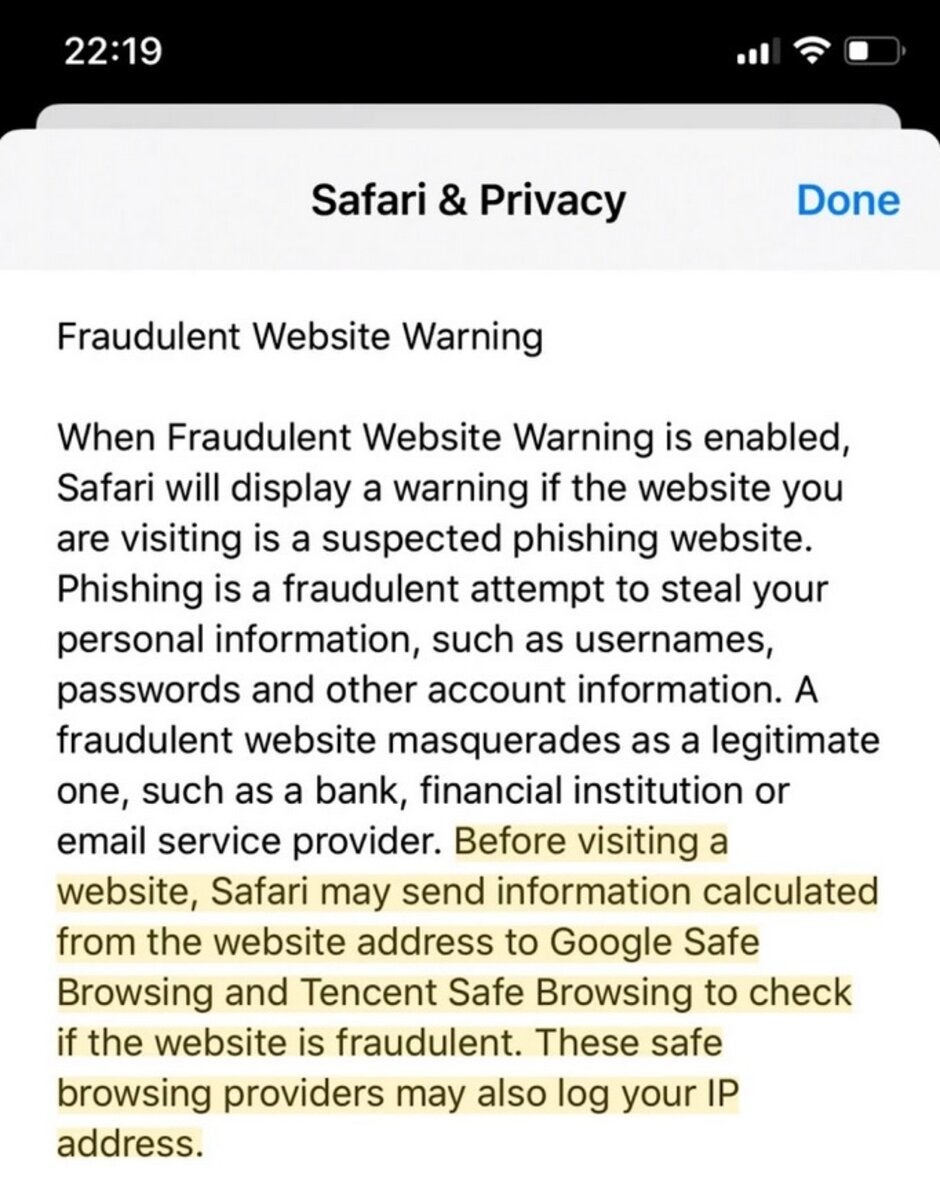Apple shares mobile Safari data with company connected to China's communist regime

Yesterday, we told you that Apple has reportedly warned content creators for its Apple TV+ streaming service not to offend the communist Chinese government. And as we pointed out, Apple's warning came after the company pulled, reinstated, then pulled again a crowdsourced mapping app called HK map Live at the request of the Chinese government. The app, used by protestors in Hong Kong to avoid police and join demonstrations, was becoming a thorn in the side of Chinese authorities.
Apple is being accused of giving in to China's wishes because the country remains the largest smartphone market in the world. Additionally, consumers in China have always been quick to unofficially boycott Apple whenever they felt that the U.S. was unfairly picking on their country. And today's news isn't going to stop these accusations. According to free speech proponents Reclaim the Net, it appears that some IP addresses being visited by mobile Safari users are being turned over to China's Tencent, a company with close ties to the communist Chinese.
UPDATE:Apple denies today's reports and says that it does not share URLs with China's Tencent.
The optics look bad for a company that pays lip service to privacy
Apple traditionally has sent this information to Google Safe Browsing, a service that has a blacklist of URLs that warns users when they are about to visit a "dangerous" website. But if iOS users go to Settings > Safari > About Privacy & Security and read the section titled "Fraudulent Website Warning," it clearly says that "Before visiting a website, Safari may send information calculated from the website address to Google Safe Browsing and Tencent Safe Browsing to check if the website is fraudulent. These safe browsing providers may also log your IP address." Apple has the "Fraudulent Website Warning" toggled on by default and it can be disabled (more ont hat later). However, users then run the risk of visiting fake web sites.

Apple shares Safari data with Tencent, a company that is close to the communist Chinese government
Johns Hopkins University professor Matthew Green published a blog post yesterday in which he notes that while it is unlikely that Tencent Safe Browsing is used in the U.S., "it’s notable that Apple’s warning appears on U.S.-registered iPhones." He also points out that even Google's Safe Browsing is wrought with privacy issues. Since the average person visits multiple websites, a bad actor could put together the clues and "de-anonymize" a user.
"But lately there’s been a troubling silence out of Cupertino, mostly related to the company’s interactions with China. Two years ago, the company moved much of iCloud server infrastructure into mainland China, for default use by Chinese users. It seems that Apple had no choice in this since the move was mandated by Chinese law. But their silence was deafening. Did the move involve transferring key servers for end-to-end encryption? Would non-Chinese users be affected? Reporters had to drag the answers out of the company, and we still don’t know many of them.
In the Safe Browsing change, we have another example of Apple making significant modifications to its privacy infrastructure, largely without publicity or announcement. We have learn about this stuff from the fine print. This approach to privacy issues does users around the world a disservice."-Professor Matthew Green, Johns Hopkins University
In the Safe Browsing change, we have another example of Apple making significant modifications to its privacy infrastructure, largely without publicity or announcement. We have learn about this stuff from the fine print. This approach to privacy issues does users around the world a disservice."-Professor Matthew Green, Johns Hopkins University
Even if Apple limits the use of Tencent's Safe Browsing to users in China, it is potentially turning over information about consumers to a communist regime. Tencent's popular WeChat app is said to feature censorship in real-time. And the company released a mobile game two years ago called "Clap for Xi Jinping: An Awesome Speech." Players get to applaud China's "president for life." Tencent is reportedly developing other games that support the communist party.
There is an old saying that goes, "where there's smoke, there is fire." And while we really don't think that Apple has entered into some sort of secret partnership with the Chinese government, it is clear that the company is looking to protect its market share in China. The optics don't look good for a company that says it values privacy, but whose actions actually say something else.
To opt-out of the Fraudulent Website Warning, go to Settings > Safari > Privacy & Security and tap the toggle switch next to Fraudulent Website Warning. Keep in mind that disabling this feature will prevent you from being warned when you are about to visit a dodgy website.
Follow us on Google News












Things that are NOT allowed:
To help keep our community safe and free from spam, we apply temporary limits to newly created accounts: